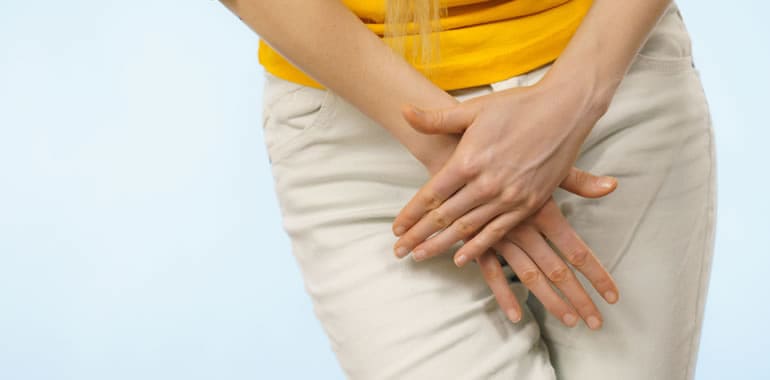
No, that is NOT normal!
Ladies, today I am talking to you! Gentlemen, I appreciate your patience as we divert towards a “female issue” for this blog. I do hope the men folk will read this as you may be able to provide some helpful information to the women in your life.
Far too many times in my career I have been told by women that urinary incontinence after giving birth is normal. This may include leakage while coughing/sneezing, inability to run / perform jumping jacks / jump on a trampoline due to concerns of leaking, or keeping track of where the nearest bathroom is at ALL times! Well, that depends on your definition of “normal” is and what your definition of “quality of life” involves.
What is “normal”? It is true that nearly 50% of women experience some form of incontinence (lack of urinary control) immediately after giving birth. The research also indicates that 30-70% of these symptoms spontaneously resolve after 6-12 months. So, if you continue to suffer from loss of urinary control one year after giving birth, you are in good company. There are many, many women in your boat who are avoiding certain activities due to a lack of pelvic floor control. You are “normal”.
However, I would argue that your quality of life is affected as you limit participation in activities such as bouncy houses with your children, playing on the trampoline, or perhaps training for that 5K you have always wanted to try. I would further argue that this is not “normal”. Studies show that 50-75% of women who continue to suffer with urinary incontinence can benefit from Physical Therapy treatment of the pelvic floor to improve urinary retention during stressful activities (coughing, sneezing, jumping, running).
You may have heard of the infamous “Kegel exercises”. Your doctor may have told you to do them twice per day and that will solve the problem. But, how do you know that you are doing them right? Or why haven’t they worked for you? The truth is that there is more to the pelvic floor than just the sling of muscles holding everything up. The pelvic floor works in conjunction with abdominals and the low back muscles to provide urinary and fecal continence. Also, the pelvic floor attaches into the femur which means that a limitation in hip mobility may be affecting pelvic floor control.
At Physical Therapy for everyBODY, I perform a complete core evaluation of the hips, low back, all appropriate muscles, as well as a complete history to formulate a plan that will work for your body. No two bodies are the same which means that no two plans are the same. However, many patients can be treated with just a few visits and a comprehensive home exercise program that is not difficult and does not involve special equipment. I hope you will contact me today and begin your path to the quality life you and your body deserve!
Oh, and don’t get me started on pain during intercourse! That is NOT normal and can have a significant impact on your relationship. Call me, let’s talk!




